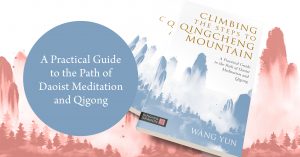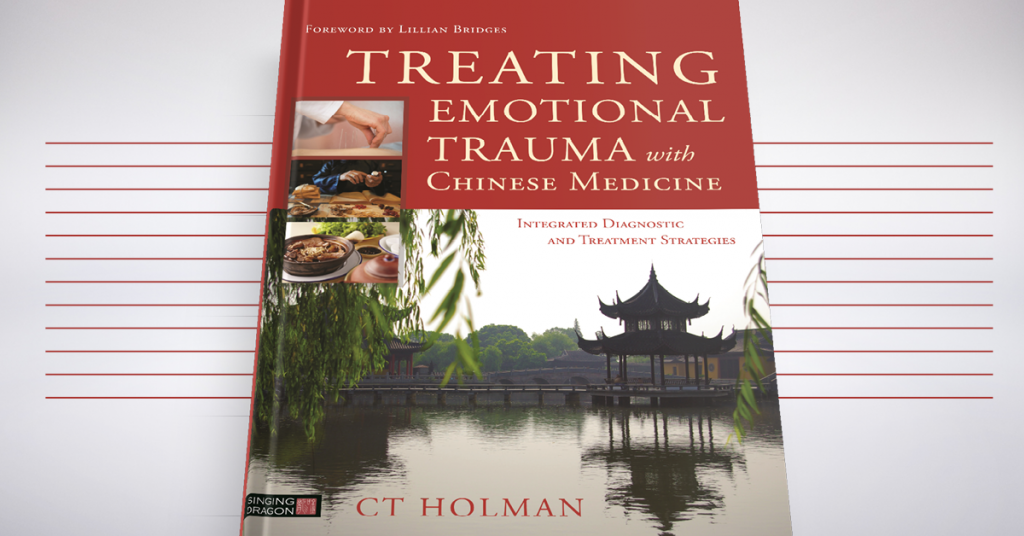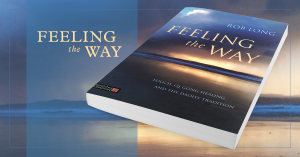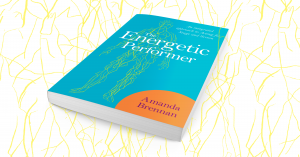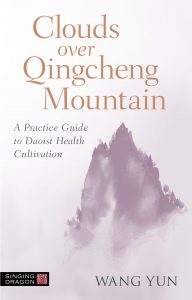 Mount Qingcheng, one of China’s mystical mountains, has been the birth place of discovery, realization and preservation of the recipes that stimulate the deep potential of the human body for generations. Clouds Over Qingcheng Mountain, the follow-up book to Climbing the Steps to Qingcheng Mountain by Daoist master Wang Yun, simplifies the complex practices of Daoism handed down by generations of accomplished Masters – such as posting, breath practice and meditation – and gifts the reader with its most valuable aspects for a modern world.
Mount Qingcheng, one of China’s mystical mountains, has been the birth place of discovery, realization and preservation of the recipes that stimulate the deep potential of the human body for generations. Clouds Over Qingcheng Mountain, the follow-up book to Climbing the Steps to Qingcheng Mountain by Daoist master Wang Yun, simplifies the complex practices of Daoism handed down by generations of accomplished Masters – such as posting, breath practice and meditation – and gifts the reader with its most valuable aspects for a modern world.
In this extract, we share three simple posting exercises to incorporate into everyday life to promote the flow of qi and blood, boost the immune system and help relax the body.
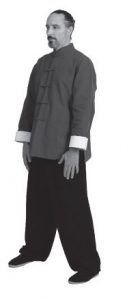 Posting relaxation exercises
Posting relaxation exercises
[Benefits of posting include: promoting the smooth flow of qi and blood, methodically harmonizing the breath, and clearing the channels of the entire body.]
Stand with your feet shoulder-width apart, imagine a string hanging straight down from the upper dantian (near the pineal gland) to the huiyin point (the perineum), and landing on the floor between your two feet. Next, imagine your whole body as a bag of air, as if you were completely hollow. At the same time, relax your body; from the hair on your head down to the yongquan points at the bottom of the feet. Everything is totally empty, like a transparent crystal ball. Relax your body in this way and repeat the visualization three times. Continue reading
